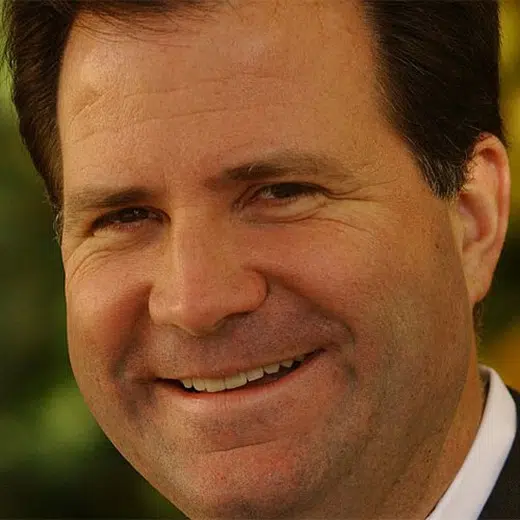LONDON (Reuters) – The European Central Bank confirmed on Thursday it will end a long-running bond buying scheme on July 1 and signalled a string of interest rate hikes from July as it battles stubbornly high inflation.
With price growth surging last month to a record-high 8.1% and broadening quickly, the ECB is rolling back stimulus measures it has had in place for most of the last decade.
It aims to stop rapid price growth from seeping into the broader economy and becoming perpetuated via a hard-to-break wage-price spiral.
MARKET REACTION:
The euro briefly slipped after the ECB decision before turning higher while money markets ramped up bets of more policy tightening from the central bank by the end of 2022. Benchmark 10-year German bond yields rose to fresh eight-year highs at 1.41%.
REACTION:
TD SECURITIES:
“ECB institutionalized dovishness wins out by essentially saying that it “intends to” hike by 25bp in July. The ECB did throw a bone to the hawks by opening the door to a 50bp hike in September if high inflation is sustained.”
ANDREW KENNIGHAM, CHIEF EUROPE ECONOMIST, CAPITAL ECONOMICS:
“The failure to provide any new details about a possible backstop QE programme means peripheral bonds will remain vulnerable to a sell-off.”
“The most significant thing about the statement is what it does not say. There is no new detail whatsoever about the putative “spread-fighting tool” which is intended to prevent peripheral spreads widening too far.”
“All eyes now turn to the press conference, beginning at 13:30 BST (14.30 CET). We suspect she will be unable to provide more detail about a possible backstop programme which in turn means that investors are likely eventually to test the ECB’s resolve.”
BAS VAN GEFFEN, SENIOR MACRO STRATEGIST, RABOBANK:
“They did add an explicit caveat that they may consider a bigger hike to be warranted in September, depending on the inflation outlook by then. So basically they are putting more weight on the updated projections in a three months from now.”
“So in the longer term, that does make it look a bit more hawkish perhaps, which I would say explains that seesaw in market.”
HETAL MEHTA, SENIOR EUROPEAN ECONOMIST, LEGAL & GENERAL INVESTMENT MANAGEMENT:
“The central bank will hope that it will not need to construct another programme to support Italy. Persistently low yields over the last eight years have allowed the Italian Treasury to refinance existing debt at lower funding costs, significantly reducing its debt servicing costs and making its high debt burden more manageable. Higher ECB interest rates and Italian borrowing costs call into question Italian debt sustainability.”
ANNA STUPNYTSKA, GLOBAL ECONOMIST, FIDELITY INTERNATIONAL:
“We believe it will be difficult for the ECB to execute a rapid return of policy rates into positive territory given the growth and fragmentation constraints and the tightening path will be less steep and shorter than what is currently implied by market pricing. While a new spread management tool might help prevent spread fragmentation, it will not be a silver bullet as will likely bring a new set of issues for the ECB, including moral hazard.”
ROBERT ALSTER, CEO, CLOSE BROTHERS ASSET MANAGEMENT CIO:
“Holding rates at minus 0.5% despite record inflation, the ECB looks late to the party compared to the Fed. The ECB does appear to be joining the ‘hike-brigade’ but we do not expect Europe to attempt to overtake the Fed. Rather, the ECB is simply following the US lead, and we do not expect more aggressive tightening whilst the war in Ukraine continues to weight on sentiment.”
SAM COOPER, VICE PRESIDENT OF MARKET RISK SOLUTIONS, SILICON VALLEY BANK:
“Euro direction will be dictated by the timing and the pace of future interest rate hikes beyond July, in particular any hints that we could observe increases in 0.50% installments rather than 0.25%. Focus will now turn to ECB President Lagarde at the upcoming press conference, any deviation from market expectations could send further shockwaves to the euro and the wider FX market.”
ARNE PETIMEZAS, SENIOR ANALYSTS, AFS GROUP, AMSTERDAM:
“I think it is pretty weak. I don’t understand why they don’t end negative rates at one go in July. Instead they fix July at 25bps. They also make the same mistake of lowballing inflation in their new forecasts. 50bps in September is thus very likely. The ‘sustained’ and ‘gradual’ language suggest they see more hikes in 2023 than is currently priced in by OIS. It would be better if they acted more forcefully in the near term instead of pushing things out to the future, which as we all know is very uncertain.”
(Reporting by London Markets and Finance Teams; Compiled by Saikat Chatterjee; Editing by Chizu Nomiyama)






